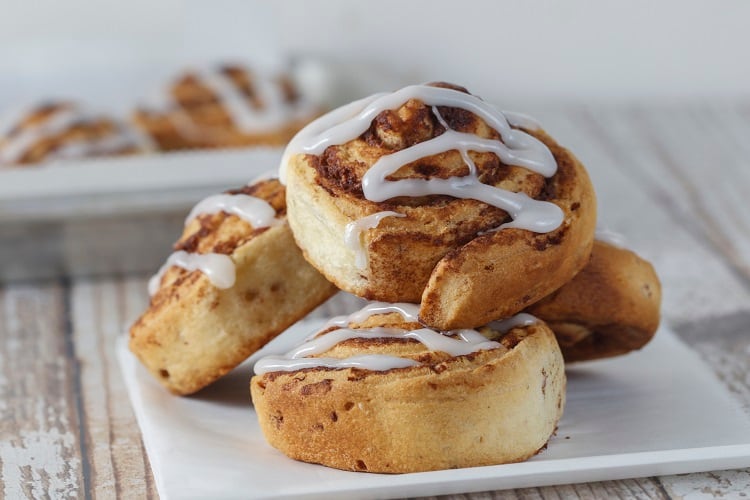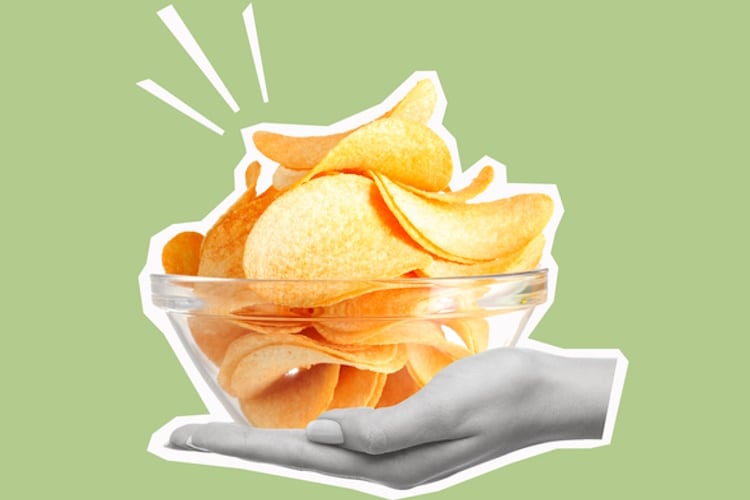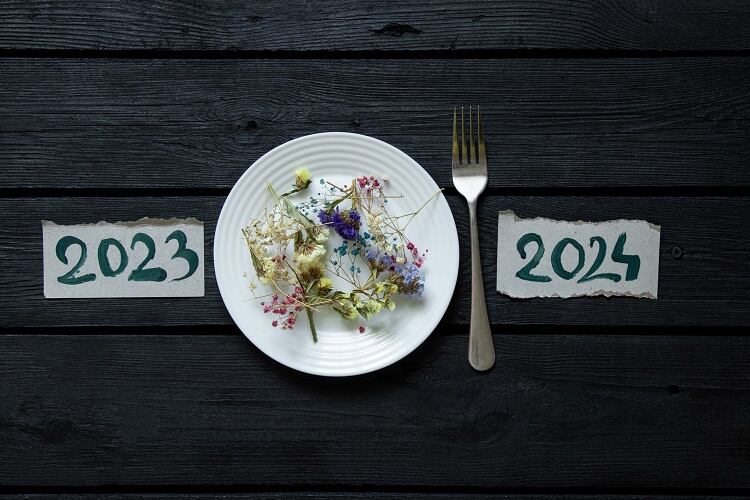In recent years, the food and beverage industry has observed a rise in ‘healthy indulgence’ – allowing consumers to have their (healthier) cake and eat it. But in a recent interview with a food futurologist, it was suggested the ‘healthy indulgence’ trend is becoming outdated in 2024.
“Healthy indulgence seems contradictory, and we will see plenty of decadence alongside the nutritionally clean options, but any combination of the two speaks of a time gone by,” Dr Morgaine Gaye then told this publication.
But indulgence, and separately, health, continue to be very much on the radar, according to ingredients suppliers who are predicting food and beverage trends ranging from comforting flavours to adventurous formats and a growing interest in cognitive health.
Adventurous consumers: ‘Travelling through taste will be key’
Consumers have lived through at least a couple of tumultuous years of late, most obviously throughout the COVID-19 pandemic in 2020-2021. In one respect, the pandemic prompted consumers to turn to safe, comforting flavours; and now early signs suggest adventure is back on the cards.
“After the pandemic, consumers are really expecting…comforting flavours that provide a bit of safety from a mood-balance perspective,” according to Bastian Hörmann, global marketing director, Sweet Food, Dairy, Specialised Nutrition, ADM.
That means consumers are more likely to turn to well-known brands from their childhood, as well as flavour and taste experiences that create a feeling of ‘safety’ amid the unsafe times ‘we are all facing’, Hörmann told FoodNavigator at the recent Food Ingredients Europe (FiE) event in Frankfurt, Germany.

But at the same time, consumers are becoming more adventurous in terms of tastes and flavours. In nut varieties for example, it’s no longer about classic hazelnuts or pecans. Consumers are exploring the ‘whole variety’ of nut flavours out there, and food and beverage manufacturers are responding.
The same goes for chocolate, explained Hörmann. ‘Chocolate’ no longer just means one flavour: in chocolate ingredients, consumers want to know whether they’re consuming milk chocolate, white chocolate, Belgian or Swiss chocolate.
“2024 will be a year of exploring new taste varieties,” we were told. That is not to say that consumers will be seeking out niche, exotic foods grown in little-known corners of the planet. Rather, they will be adventurous in taste.
“[They] want to travel, [they] want to explore the Asian [or South American] side of citrus. That is more the adventurous side the consumer is looking into,” suggested Hörmann. “Travelling through taste will be key.
“Discovering new varieties in all flavour directions will be [at the heart of] the adventurous consumer in 2024.”
Doubling down on adventure with new food formats
According to ADM, being adventurous also means playing with different flavour combinations. The ingredients supplier has observed a ‘huge’ trend back towards sweet and sour flavours, with emerging combinations including sweet and umami as well as sweet and salty.
Although these taste profiles are already well known to consumers, manufacturers are working them into new food formats. The evolution of the cinnamon bun is a good example, explained ADM’s Hörmann. “We have seen in every market, in every segment, the evolution of the cinnamon bun: sugar and cinnamon on a crepe, on a waffle…expressions of that basic taste in new [format] varieties.”

At Arla Foods Ingredients, owned by Denmark-headquartered Arla Foods, the new format trend has similarly been observed.
High protein remains a key demand from consumers, explained Jeppe Sand, head of food sales at Arla Foods Ingredients, at FiE. But where once this may have been concentrated in high protein yoghurts, spoonable yoghurts, and sports nutrition shakes, the ingredients supplier has observed new formats ranging from high protein ice cream and cream cheese.
In that respect, the healthy indulgence trend is not yet over, suggested Sand. “We see an interest in healthy puddings…Giving [consumers] permission to indulge, but still with the health focus.
“We have a functional protein that can make the protein level high, but you still have the taste and mouthfeel [that works well in puddings]. It is not sandy and doesn’t taste like protein.”
Other food formats include high protein pasta and noodles, which also suggests consumers are becoming more adventurous when selecting protein-enriched products. This aligns with increased consumer understanding around proteins and their benefits, Sand suggested. “I think the consumer is more educated…The general understanding of healthy living is evolving that that is also what we can see in the marketplace.”
Energy, mood, cognitive health
Focus on energy, mood, and cognitive health is also considered an emerging trend. Now a couple of years on from the pandemic, the pace of live is well and truly back to pre-COVID levels. And consumers are looking for energy function, according to ADM’s Hörmann.
Flavours that feed into the uplifting, energy trend include those associated with coffee. “Coffee flavours are well-known to provide energy, and we see coffee [flavours] not only in the morning but coffee in milk alternatives and in milk drinks themselves. Coffee as a balanced flavour in final products is coming much more to life because it is resonating with energy and resonating with staying active throughout the day.”

Today’s fast life pace also comes with newfound stresses for consumers. The cost-of-living crisis is one obvious one, and brands are responding with products tailored towards anti-stress, anti-anxiety, and cognitive health, according to Tony Gay, technical sales director, nutrition, at ingredients supplier Prinova Europe.
“People want to go towards more natural options to help them deal with stress, rather than go to the doctor,” Gay told this publication at FiE.
Cognitive health in particular is considered an important up-and-coming trend for Prinova Europe, for both young and old. In ageing demographics focus may be more on boosting memory function, while the younger population is looking at cognitive focus, we were told.
“The cognitive space is something we really acknowledge as a coming-on trend.”




